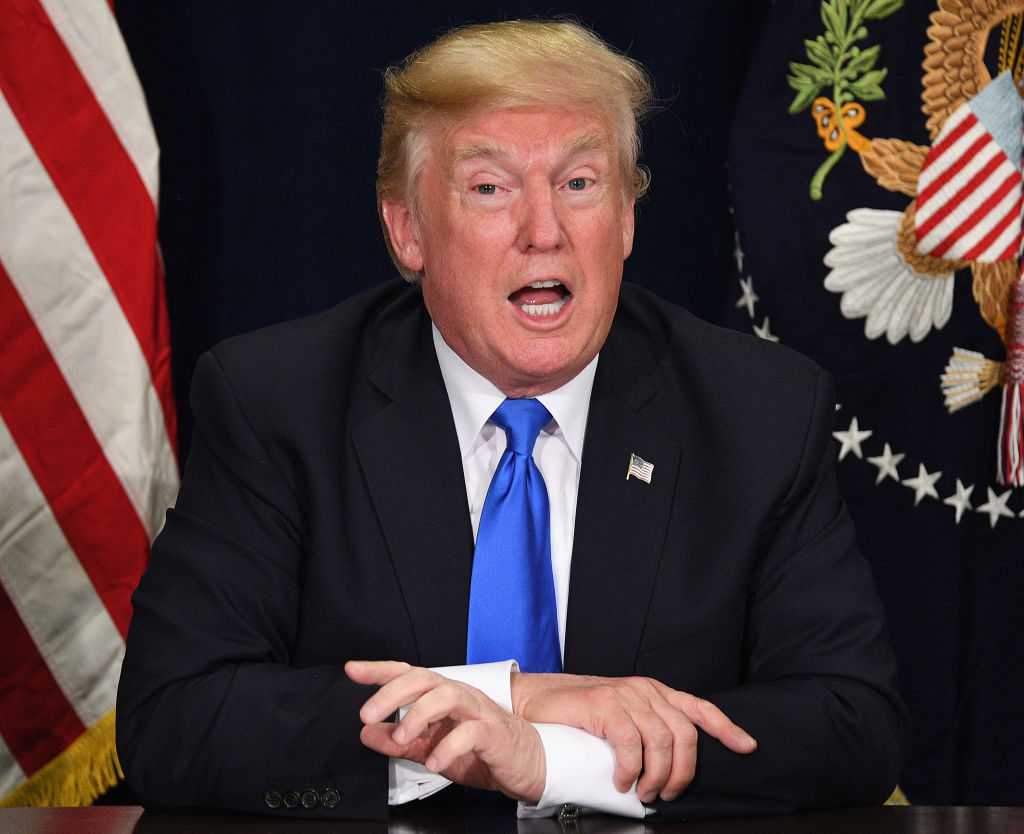The Papadopoulos indictment appears to prove that Trump campaign officials were in continual contact with Russian agents


A free daily email with the biggest news stories of the day – and the best features from TheWeek.com
You are now subscribed
Your newsletter sign-up was successful
On Monday, an unsealed indictment revealed President Trump's former foreign policy adviser, George Papadopoulos, was charged with making false statements to federal agents and impeding the investigation into possible collusion between the Trump campaign and Russia. Because federal investigations like Special Counsel Robert Mueller's tend to work inwards towards central figures, Papadopoulos' indictment is particularly of note because it includes references to other yet-unnamed campaign aides who were involved in conversations with Kremlin agents.
The timeline begins in early March 2016, when Papadopoulos signed on as a Trump campaign adviser. "Based on a conversation that took place on or about March 6, 2016, with a supervisory campaign official (the 'campaign supervisor'), defendant Papadopoulos understood that a principal foreign policy focus of the campaign was an improved U.S. relationship with Russia," the charges claim.
Later, after being offered "dirt" on Hillary Clinton by a character referred to as "the Professor," Papadopoulos emailed a "senior policy adviser" to say that there were "some interesting messages coming in from Moscow about a trip when the time is right." Then, in conversation between Papadopoulos and another "high-ranking campaign official," Papadopoulos wrote: "Russia has been eager to meet Mr. Trump for quite sometime and have been reaching out to me to discuss."
The Week
Escape your echo chamber. Get the facts behind the news, plus analysis from multiple perspectives.

Sign up for The Week's Free Newsletters
From our morning news briefing to a weekly Good News Newsletter, get the best of The Week delivered directly to your inbox.
From our morning news briefing to a weekly Good News Newsletter, get the best of The Week delivered directly to your inbox.
The official forwarded Papadopoulos' email to another unnamed campaign official and wrote: "Let's discuss. We need someone to communicate that DT is not doing these trips. It should be someone low level in the campaign as not to send any signal."
Another passage claims Papadopoulos attempted to arrange an "off the record" meeting between at least one campaign representative and "members of President Putin's office and the [Russian Ministry of Foreign Affairs]." Papadopoulos also sent an email with the subject line "New message from Russia" to a high-ranking official.
Papadopoulos was arrested in July 2017 and has reportedly been cooperating with the FBI.
A free daily email with the biggest news stories of the day – and the best features from TheWeek.com
Jeva Lange was the executive editor at TheWeek.com. She formerly served as The Week's deputy editor and culture critic. She is also a contributor to Screen Slate, and her writing has appeared in The New York Daily News, The Awl, Vice, and Gothamist, among other publications. Jeva lives in New York City. Follow her on Twitter.
